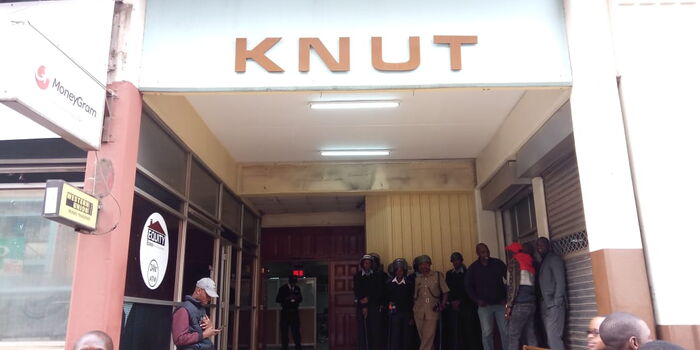The Kenya National Union of Teachers (KNUT) Kwale branch has strongly opposed the government’s move to enrol teachers into the newly launched Social Health Authority (SHA) scheme, warning that the decision could undermine their existing medical benefits.
Speaking on Monday, November 3, 2025, KNUT Msambweni branch secretary Bashir Kilalo argued that teachers already enjoy comprehensive coverage under the MINET insurance scheme, which caters for both local and overseas treatment.
Kilalo cautioned that transitioning to SHA could endanger the lives of teachers suffering from chronic conditions, as MINET’s benefits are well-established and reliable.
“Teachers already have a reliable health cover through MINET. It caters for all medical expenses, including specialised treatment abroad. Forcing them into SHA could endanger the lives of teachers with chronic conditions,” Kilalo stated.
He further criticised the government’s attempt to make SHA registration mandatory, noting that key stakeholders such as teachers’ unions were not adequately consulted. Kilalo urged authorities to provide clarity on how the new system will operate before enforcing enrolment.
“The government should clarify how SHA will work and what it offers before forcing citizens to register. A system meant to improve healthcare should not be imposed without transparency,” he added.
The SHA scheme, which replaces the National Health Insurance Fund (NHIF), aims to deliver universal healthcare for all Kenyans. However, professionals and unions have raised concerns about its implementation, transparency, and readiness.
Kilalo insisted that teachers would continue to depend on the MINET cover until the government demonstrates that the new health plan offers equal or superior protection.
“We are not against reforms, but teachers should not be compelled to abandon a working system for one that is still unclear,” he emphasised.
The standoff underscores the growing tension between public sector workers and the government over the rollout of SHA, as trust in the new system remains low among key stakeholders.

